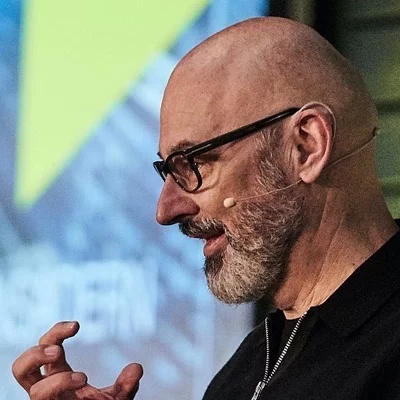The very individual professional role of employees is increasingly becoming the centrepiece of corporate development, as this is inevitably linked to the personal development of each individual: Only if individuals develop in line with the corporate strategy will the company as a whole develop successfully in the desired direction.
How the respective professional roles are then exercised in practice determines success or failure in areas such as innovative strength, agility, speed and quality.
"Professional role" - what does that mean?
The professional role is understood as a reflection of all individual and external demands placed on a role holder. This includes rapidly changing customer expectations as well as new corporate strategies and the reorganisation of work processes.
The specific, individual professional role that people perform in the company then emerges from this network of behavioural expectations and the ability of the individual to translate these into professional action.
It is obvious that these specific demands on people can develop extremely quickly, depending on global, strategic, environmental or individual changes. This means that the professional role is understood and handled much more dynamically than the classic job description: if we accept constant change as a basic prerequisite, this results in the task of role holders to continuously deal with changing conditions and actively shape their own individual role on an ongoing basis. Therein lies the strength and the great advantage of this concept!
And this applies equally to prospering start-ups as well as to traditional family or large companies.
How is the professional role organized?
Two perspectives are crucial for this active shaping of professional roles:
- The individual perspective requires good self-analysis, mindfulness and self-awareness. It requires a deep understanding of our own personal limits and abilities.
Our own development goals and personal talent also play a major role here. We need to answer the following questions for ourselves: "What am I really good at and talented at, what do I enjoy doing and where do I want to develop in the near or medium future?" - From a company perspective, role owners need to clarify the following questions with their interaction partners in the company: "What do these interaction partners expect from me in my professional role? What do they need from me and in what quality so that they can do their job excellently? And equally: "What do I need from my interaction partners so that I can do my job well myself?"
In this way, the actual individual professional role in the company becomes a living, evolving concept, a constantly changing intermediate result of a continuous negotiation process. And this negotiation process takes place (simultaneously) both individually and in interaction with the interaction partners (the company).
In the other articles on "Professional role in the company", we will look in more detail at the tools, methods and procedures that can be used to organise this negotiation process with yourself and your interaction partners in the company.
Read part 2: "Responsibility...and freedom?"




